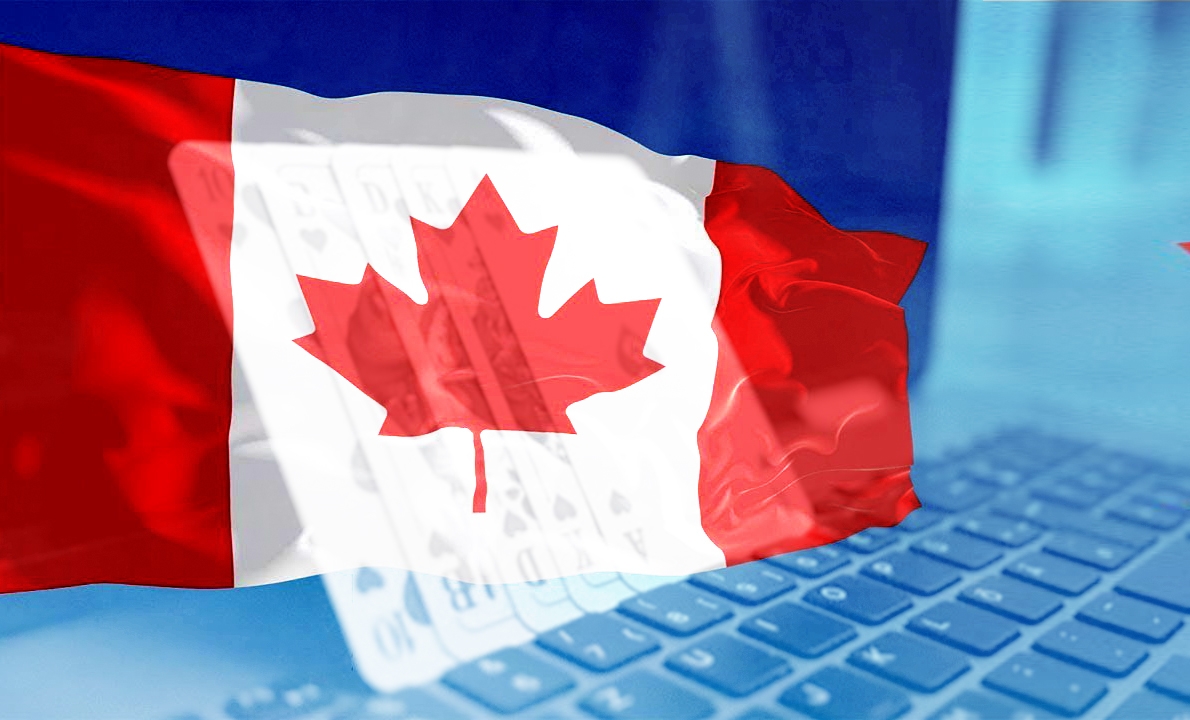
Early Origins of Poker in Canada
Though poker has long been around and made an immeasurable mark on society, its origins remain relatively mysterious and subject to vigorous debate in some quarters.
When did Poker make its way to Canada?
While it can be hard to pinpoint when poker arrived in North America, some believe its beginning was at some point during the 19th century; however, its widespread adoption didn't occur until sometime during the late 20th century.
Canada has experienced the same kind of legal wrangles as its southern neighbor when it comes to gambling. Only certain types of games were possible to play as per the regulations that were in place. This all began to change in 1969, though.
Amendments to the Canadian Criminal Code were made, which allowed the gambling industry to thrive across the Great White North. The changes were revolutionary, as they allowed each province to decide whether to permit the activity or not by creating their own laws and rules.
The poker boom in Canada
Naturally, there were plenty of progressions that the game of poker experienced once the laws had changed, with casinos around the country providing players with the opportunity to enjoy it and test their skills of bluff and strategy at the table.
There have been many Canadian players who have gone on to play professionally because they were able to test themselves at the table. Since the creation and development of internet poker sites, though, there have been many more that have started to come through as passionate players.
The iGaming industry has boomed as a result of the technology that is available, with people now able to play poker online whenever they want. They are able to access sites where they can pick and choose from a variety of different variants, while they are also able to participate in tournaments where they are able to compete for some of the biggest prize purses possible.
According to statistics and studies, online poker has since become the most popular form of gambling for Canadians since it was made available, with its alleged that more than 19 million people actively play.
Who are the most famous Canadian poker players?
Given Canada’s rich history of poker, it should not come as a surprise that the country is home to a number of the game’s household names. In terms of victories at the biggest events that are held globally, the Great White North ranks second, behind the USA.
So, who are the most famous players to hail from the Maple Leaf Country?
- Daniel Negreanu – He is perhaps one of the most famous players in the world, as Negreanu has managed to win 6 WSOP bracelets, making him one of the most accomplished players in the world. He has earned more than $32 million in winnings playing the game professionally, whether that be online or at physical tables.
- Evelyn Ng – A former girlfriend of Negreanu’s, Evelyn Ng is one of the world’s most famous female poker players. She hails from Toronto and learned how to play poker as a dealer when she was just 17. Since then, she has participated in and won at some of the biggest events around the globe, using the skills that her former boyfriend taught her.
- Jonathan Duhamel – A Quebec native, Duhamel used to play poker casually with his friends before going professional and taking out the competition. He has been incredibly successful, having won three WSOP bracelets, as well as being the first Canadian to be victorious at the 2010 WSOP main event.
- Timothy Adams – Arguably one of the most famous players in the world, Adams is another Canadian to have a rich legacy in the game of poker. A Burlington native, he has managed to win millions playing professionally after starting out as an 18-year-old. He won a WSOP bracelet in 2012, and has consistently been regarded as one of the best.
Canada’s rich history with poker
While it would seem the Great White North has a relatively short history in terms of how long poker has been enjoyed, there is no doubt that it is rich with success. Many of the world’s best players hail from Canada, and it would not be a surprise if we were to see many more in the future, too.
Photo Credits: Pixabay









